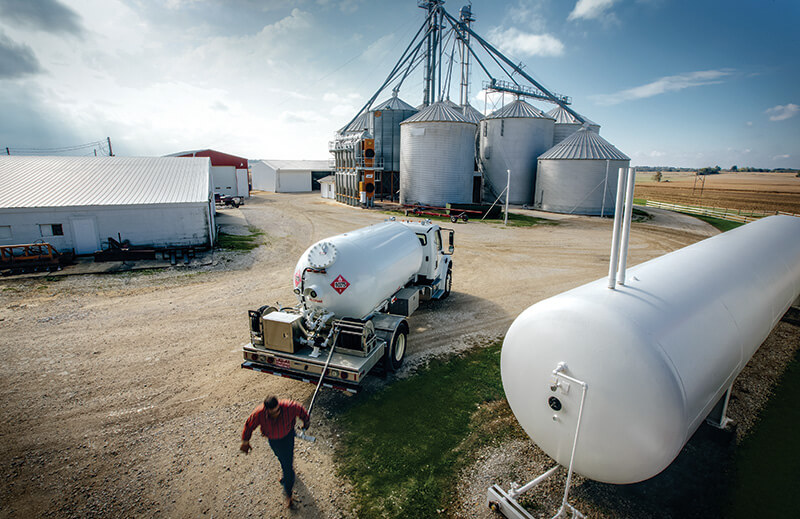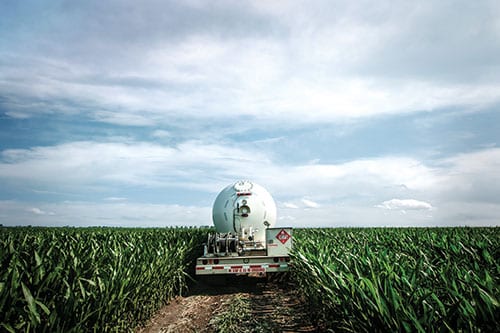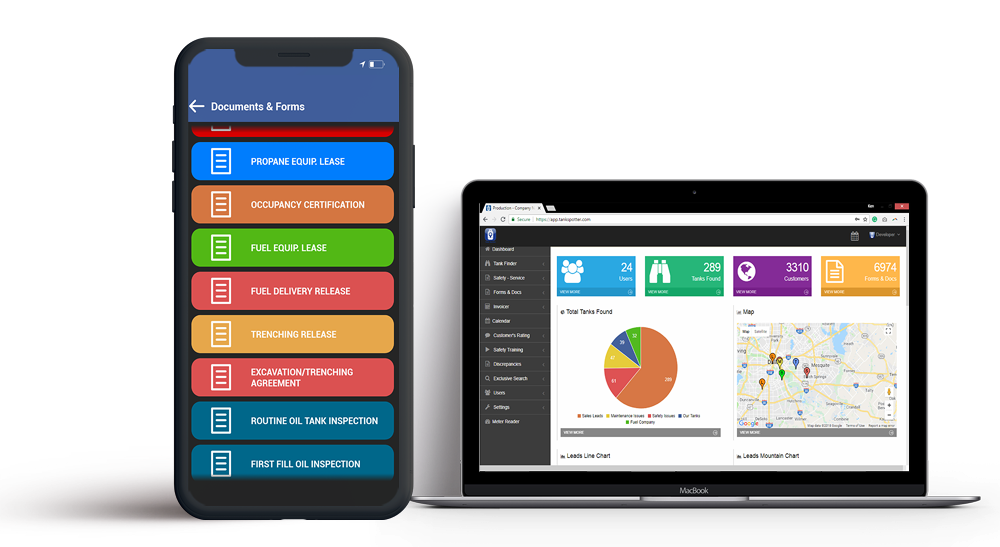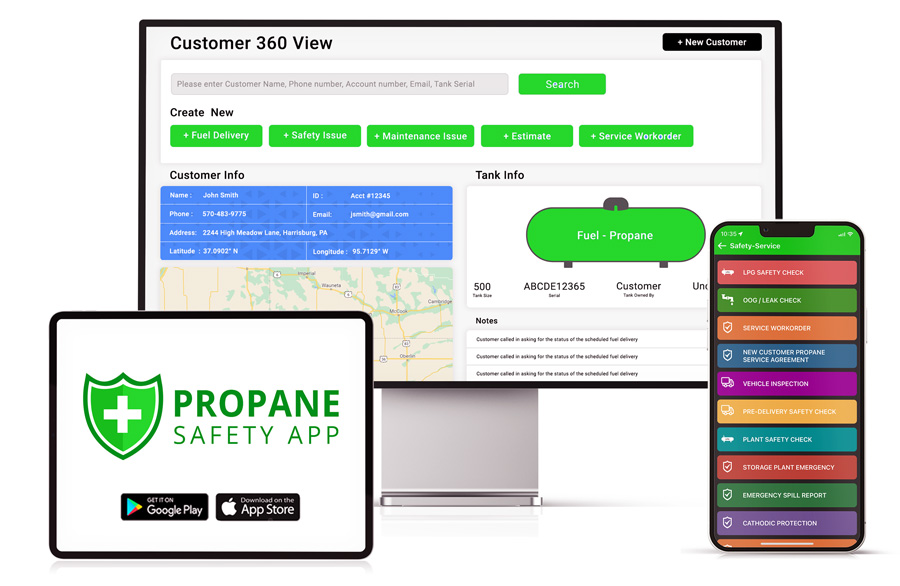Propane Delivery in Remote Areas: Overcoming Obstacles
Delivering propane in rural areas presents unique challenges that require innovative solutions. This guide will examine these challenges and the strategies propane delivery businesses can adopt to address them effectively. 1. Longer Delivery Routes • Challenge: Rural deliveries often involve longer distances between customers, increasing fuel costs and time on the road. • Solution: Optimize… Continue reading Propane Delivery in Remote Areas: Overcoming Obstacles
Delivering propane in rural areas presents unique challenges that require innovative solutions. This guide will examine these challenges and the strategies propane delivery businesses can adopt to address them effectively.
1. Longer Delivery Routes
• Challenge: Rural deliveries often involve longer distances between customers, increasing fuel costs and time on the road.
• Solution: Optimize routes using advanced planning software to minimize travel time and fuel consumption. Consider scheduling multiple deliveries in the same area on the same day to maximize efficiency.
2. Difficult Terrain and Access
• Challenge: Rural locations may have rough terrain or limited access, making deliveries more difficult.
• Solution: Use vehicles that are suitable for rough terrain. Train drivers on navigating challenging routes safely and efficiently.
3. Limited Communication Networks
• Challenge: In some rural areas, communication networks can be unreliable, complicating scheduling and customer communication.
• Solution: Implement offline communication solutions and plan routes in advance. Keep customers informed about potential delays or issues.
4. Weather-Related Obstacles
• Challenge: Extreme weather conditions can hinder deliveries in remote areas.
• Solution: Prepare for weather-related challenges by monitoring forecasts and planning accordingly. Equip vehicles with the necessary gear for difficult weather conditions.
5. Inventory Management
• Challenge: Managing inventory for widespread rural deliveries can be complex.
• Solution: Use inventory management software to track propane levels and predict demand in various areas, ensuring adequate supply without overstocking.
6. Customer Scheduling Flexibility
• Challenge: Rural customers may have different scheduling needs or availability.
• Solution: Offer flexible scheduling options and communicate regularly with customers to find suitable delivery times.
7. Safety Concerns
• Challenge: The isolated nature of rural deliveries can pose safety risks for drivers.
• Solution: Implement strict safety protocols and provide drivers with emergency communication devices and safety training.
8. Cost Management
• Challenge: Higher operational costs due to extended travel distances and smaller delivery volumes.
• Solution: Analyze cost structures and consider adjusting pricing models to account for the increased costs of rural deliveries while maintaining customer satisfaction.
9. Building Local Relationships
• Challenge: Establishing a presence in rural communities where customers may prefer local providers.
• Solution: Engage with local communities, participate in local events, and build personal customer relationships to establish trust and loyalty.
10. Sustainable Practices
• Challenge: Maintaining eco-friendly operations while managing the complexities of rural deliveries.
• Solution: Adopt sustainable practices, such as using fuel-efficient vehicles and optimizing routes to reduce your carbon footprint.
Propane delivery in rural areas requires a careful balance of managing operational efficiency and customer needs. By addressing these unique challenges with thoughtful and innovative solutions, propane delivery businesses can successfully service remote communities, ensuring reliability and building strong customer relationships.





